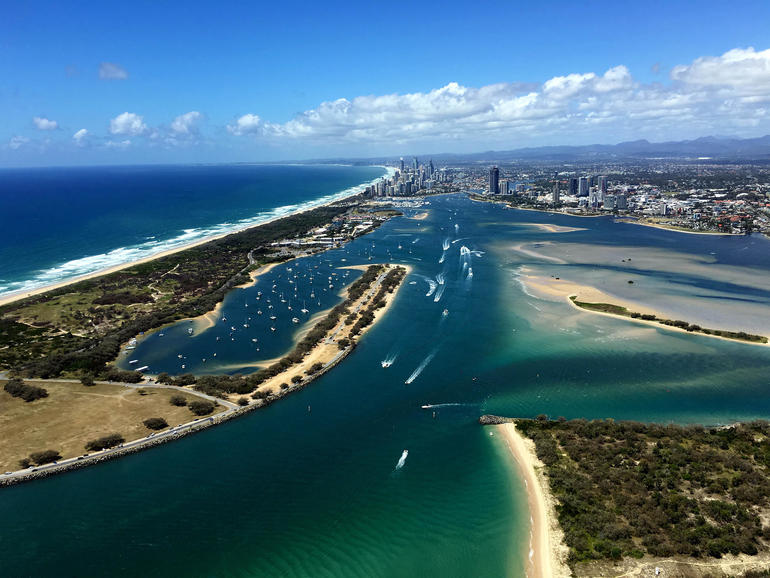The Queensland Budget was handed down on Monday, and while it was very light on technology, it promised to help reskill people and “foster innovation” within the state.
“There is universal agreement that innovation directly leads to lasting improvements in productivity and competitiveness. Importantly, research and evidence clearly show that the effective diffusion of innovative ideas and approaches, and successful adoption of innovation, is the key to fostering further innovation across the economy,” the Budget papers [PDF] say.
“In the post COVID-19 era, governments and firms are likely to have a renewed focus on opportunities for re-shoring, ie attracting and re-establishing business and activities that had located outside of Queensland and Australia.”
The papers continue by saying the Advance Queensland program, which was announced during the 2015-16 Budget, included a range of programs “targeting the creation of innovation, including a strong focus on startups”.
“Through these initiatives, the government will continue to support the fostering, adoption and enhanced utilisation of innovation, including in relation to Queensland’s trade-exposed industries where innovation is a key factor in maintaining or enhancing their international competitiveness.”
The state in July placed a six-month hold on non-essential new IT projects.
“While we continue to unite and recover to take the necessary steps to limit the risk of virus transmission, we are also delivering our plan to get our economy back up and running and ensure more Queenslanders get back to work,” Queensland Treasurer Cameron Dick said at the time.
“In this difficult economic environment, all decisions will be guided by these key priorities: Creating jobs, building essential infrastructure, and delivering frontline services.
“That’s why I am announcing a range of savings measures that will aim to prioritise functions and, together with the public service wage freeze, enable a savings target of AU$3 billion over four years.”
To that end, the Budget papers contain no new IT projects, short of systems upgrades such as at the Department of Energy.
There is a AU$200 million investment in the future skills requirements of Queenslanders. This includes additional funding of AU$83.4 million for future skilling programs, including AU$32.4 million over two years for the TAFE Priority Skills Fund; AU$25 million for pre-apprenticeship support, as well as funding for the development of a digital professional workforce plan and a handful of other skilling initiatives, which were light on detail.
The papers also mention the establishment of an “Immersive Technology Hub” to promote Queensland’s capabilities nationally and internationally where manufacturing is concerned.
“The suite of programs included in the Budget to support and drive this innovation and growth in manufacturing include the establishment of an Immersive Technology Hub, delivering programs to connect research and technology companies, an agreement with Vaxxas to manufacture needle-free vaccine technology, continuation of support to Rheinmetall Defence Australia’s AU$170 million facility at Redbank, and an almost AU$1 billion investment pipeline to build trains in Queensland,” the papers detail.
There’s also an Information and Communication Technology Subsidy Scheme for students participating in distance education.
The scheme provides AU$250 per year to assist with purchasing, replacing or upgrading computer hardware for students in the distance/geographically isolated and medical categories, and AU$500 each year to assist students in the distance/geographically isolated category to meet the costs of broadband internet access and download charges for the home classroom. Eligible students also receive access to free software licences.



